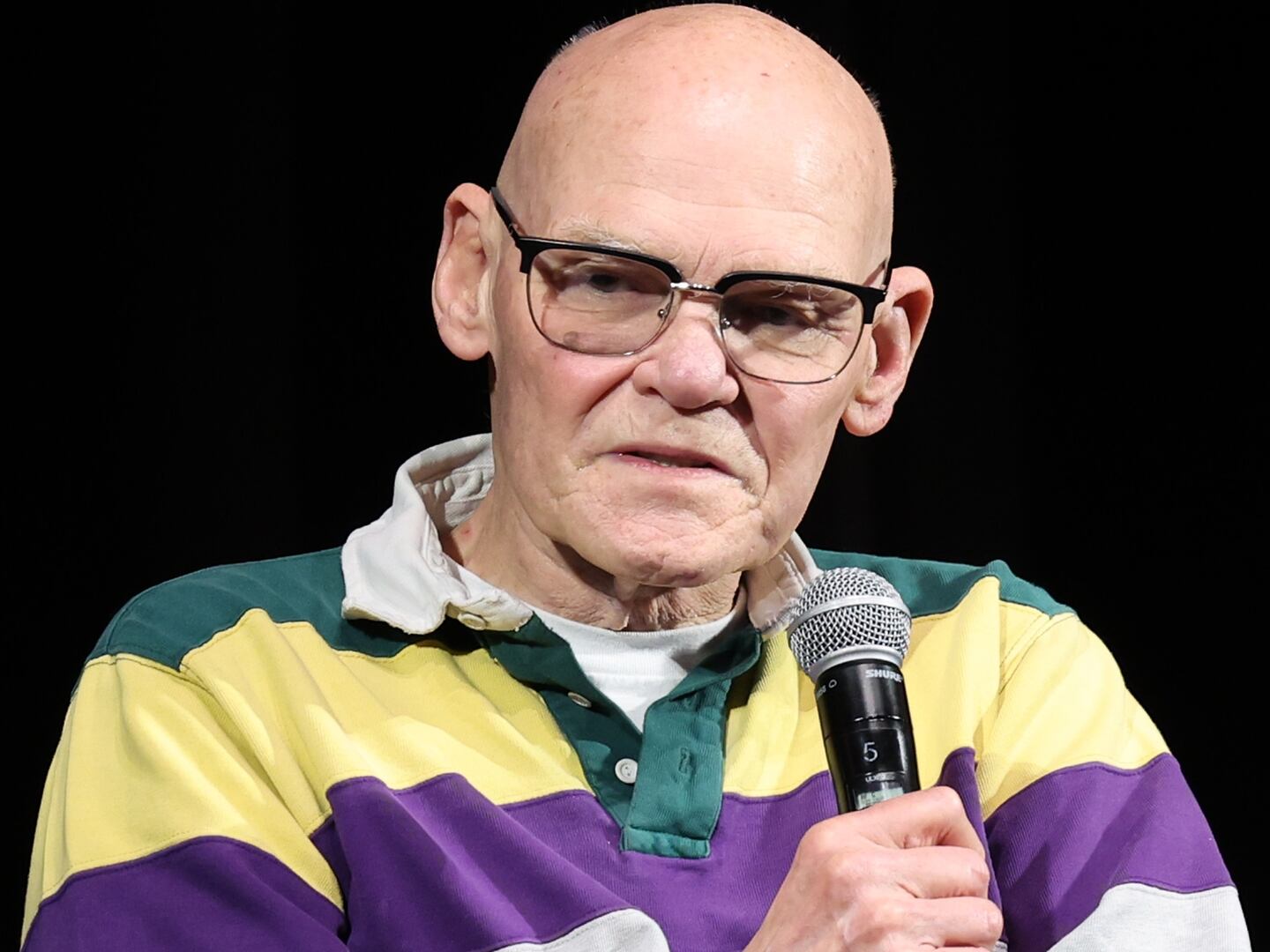TV
Photo Illustration by Luis G. Rendon/The Daily Beast/Getty/Everett
‘The O.C.’ Secrets: Marissa’s Death, Chris Pine’s Audition, and Teen Sex Pushback
SPEED READ
A new book, “The O.C.: The Oral History,” gives a glimpse into the backstage drama, network chaos, and on-set romance behind the beloved teen soap.

Trending Now





